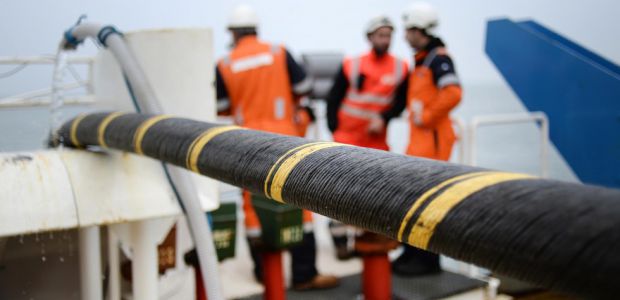The European Commission’s division for Projects of Common Interest has summoned officials representing all parties involved in a dispute for control of an Crete-Athens electricity grid interconnection plan to a Brussels meeting next week to examine whether this project can retain its PCI status and, if so, under what conditions.
The Crete-Athens link is part of the wider Euroasia Interconnector, a PCI-status project planned to link the Greek, Cypriot and Israeli power grids via Crete.
Greek power grid operator IPTO and Cyprus’s Euroasia Interconnector consortium have been locked in a dispute for control of the wider project’s Crete-Athens link.
The Greek and Cypriot energy ministries and regulatory authorities for energy, as well as Belgian electricity transmission system operator Elia, given an intermediary role by Brussels for the dispute, have been invited to next week’s meeting.
Brussels called next week’s meeting in response to a recent decision by RAE, Greece’s Regulatory Authority for Energy, handing IPTO the task of establishing a special purpose vehicle (SPV) for the development of Crete’s urgently needed interconnection with Athens as a venture in which the operator will hold a 51 percent stake and other shareholders – the Euroasia Interconnector consortium has priority rights – will be offered 39 percent with an option for a further 10 percent.
The RAE initiative does not contravene the terms of a MoU signed by IPTO and the Euroasia Interconnector consortium and provides the consortium with an opportunity to participate in the Crete-Athens interconnection project, Greek energy ministry officials have supported in comments offered to energypress.
Crete faces a looming energy sufficiency threat as of 2020 because an exemption to EU law concerning power station emission limits for local high-polluting units, such as those operating on Crete, ends in December, 2019. A number of power stations on the island will need to be withdrawn.





